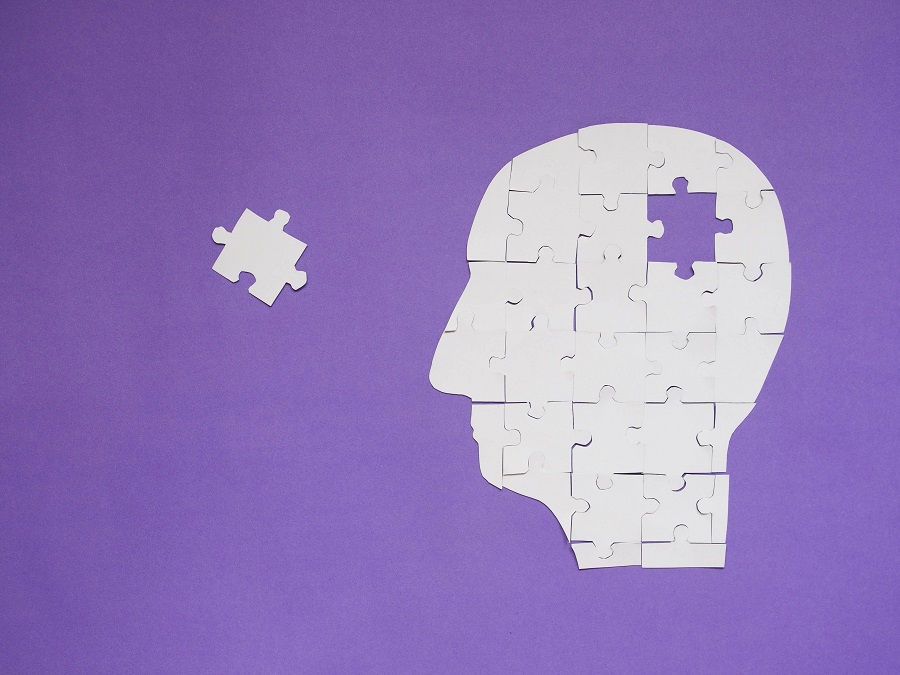Many people have an irrational fear of forgetting things. If you are one of them, scientists have good news for you. The capacity to forget is just as normal as the capacity to remember.
In contemporary society, people’s brains collect irrelevant information. Much of that useless information is turned into memories in the brain and we can not achieve everything we learn.
Memory loss does not mean that you suffer from Alzheimer, it is more common than you can imagine. According to a new study, we have a set of neurons that help us forget unimportant information.
Here is the list of six normal memory loss healthy people experience during their lives.
1. Block out

The most common type of memory loss is blocking. Did someone ask you a question and you know the answer but you simply can’t remember? It is perfectly normal. This blockage is caused by a similar memory to the one you are trying to remember.
Scientists found out that memory blocks appear with aging. Older people have more trouble remembering other people’s names for example.
2. Endurance
People tend to forget beautiful memories, but they focus on the traumatic ones. The persistence of negative emotions caused by disturbing memories is another type of memory loss. This memory problem can turn into a twisted reality.
People suffering from depression or post-traumatic stress disorder are more likely to be affected by the persistence of traumas. If you are dealing with these mental issues, you must go to a psychologist.
Do not forget that life gets better if you get better!
3. Distraction

A case of absentmindedness happens when you do not pay enough attention. It involves doing something scheduled like taking a pill or going to a meeting.
You can buy a notebook and write there all your appointments. It helps you reminding of your responsibilities.
Did you forget where you put your glasses? It happens because you did not focus on where you put them first. Your brain can’t remember this information if you were thinking about something else.
4. Uncertainty
Are you scared of forgetting facts or events over time? Scientists say it is not a bad thing. We are fulfilled by irrelevant information and our brain helps us clearing it.
Transience is not a sign of mental weakness. It makes way for more useful things that will help us through our lives.
Our brains must retain only precious information for our personal interests. Why should you know complex mathematical theories if you want to become a writer?
You must prioritize your knowledge because your mind is not a computer.
5. Misattribution

This type of memory loss occurs when you can’t remember something accurately and misattribute some important details like faces and places.
You may believe that something occurred in a certain way just because you read a book or watched a movie that had a certain impact on your mind.
Misattribution is more common among the elderly. As you’re getting older, you concentrate harder and you remember fewer details. Your memories grow older as well so do not panic if you can’t tell what you did twenty years ago.
Keep in mind that you do not have Alzheimer’s if you process the information slower. You are just a normal human being, misattribution happens to everyone.
6. Distortion
In your mind, memories do not reflect reality. They are the product of your personal experiences and beliefs.
The past can be a seductive liar because it is influenced by your biases. When you bring back a memory from your past, your actual mood may influence what you actually remember.
This suggestion process can trick your mind and you may confuse your real memories.












































